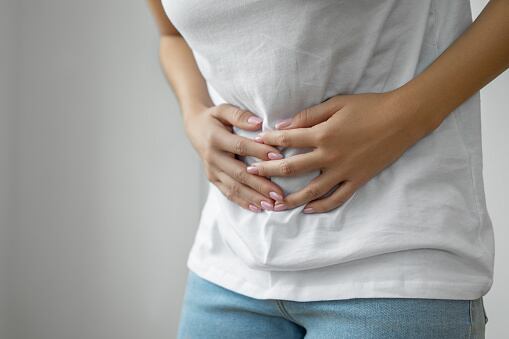The study, published in Frontiers in Nutrition, found that those who ate foods which are beneficial to gut microbiota and avoided foods which may cause dysbiosis had lower rates of constipation.
“Diet is closely related to gut microbiota and constipation, and it is one of the most common and simplest treatment options,” the authors wrote. “Our study shows that DI-GM is negatively associated with the lower risk of constipation and highlights the importance of maintaining a healthy dietary pattern.”
However, Zhang et al. note that a causal link cannot be established, namely because the dietary recall data was self-reported and confounding factors cannot be accounted for.
What is the DI-GM?
The DI-GM is a novel dietary index devised by researchers from the University of South Carolina. Influenced by the Healthy Eating Index-2015 (HEI-2015) and Mediterranean Diet Score (MDS), Kase et al. set out to design a basis for dietary interventions which could alleviate dysbiosis-related diseases.
To create the index, the researchers conducted a meta-analysis, identifying 106 studies which assessed the association of different foods on gut microbiota composition.
In total, 14 foods and nutrients were shown to have beneficial or unfavorable effects on gut microbiota. Avocado, broccoli, chickpeas, coffee, cranberries, fermented dairy, fiber, green tea, soybean and whole grains were deemed favorable for gut microbiota, while red meat, processed meat, refined grains, and high fat diets were deemed unfavorable.
While the DI-GM has been researched in various contexts and disease areas since its publication last year, this study is the first to investigate its association with constipation.
High DI-GM scores associated with lower rates of constipation
To investigate the DI-GM’s correlation with constipation, the researchers analyzed dietary recall data from 11,405 adults who took part in the National Health and Nutrition Examination Survey (NHANES).
This data was then used to calculate DI-GM scores which ranged from 0-13. The researchers found that participants with higher DI-GM scores (i.e. those who ate more beneficial foods and avoided adverse foods) had lower rates of constipation.
Indeed, for each one-point increment in the DI-GM, there was an 18% drop in the rate of constipation. There was also a 52% lower risk of constipation when DI-GM scores were six or higher.
“The improvements in DI-GM scores could potentially lead to a decreased likelihood of experiencing constipation, which is an important consideration [in] care and treatment planning,” the authors wrote.
Promoting a healthy gut microbiota
While the results of this study suggest that the DI-GM could be a helpful intervention for constipation, Glenn Gibson, professor of food microbiology at the University of Reading, warns that caution is needed when interpreting the findings.
“The research is based on an interesting premise and involves a very large cohort, but the inability to control confounding factors is important to note,” he said. “The whole diet influences gut microbiota and it is tricky to interpret individual food effects. Age, exercise, pre- and probiotic consumption, and pharmaceutical intake also all affect gut microbiota.”
In order to confirm the findings, Professor Gibson says more precise data on the individual effects of each food or nutrient is needed.
“What is missing is the actual effects on gut microbes,” he said. “In other words, we need to see definitive proof that the foods do what they suggest.”
Source: Frontiers in Nutrition. doi: 10.3389/fnut.2025.1529373. “Association of the newly proposed dietary index for gut microbiota and constipation: a cross-sectional study from NHANES.” Authors: Z. Zhang, et al.





